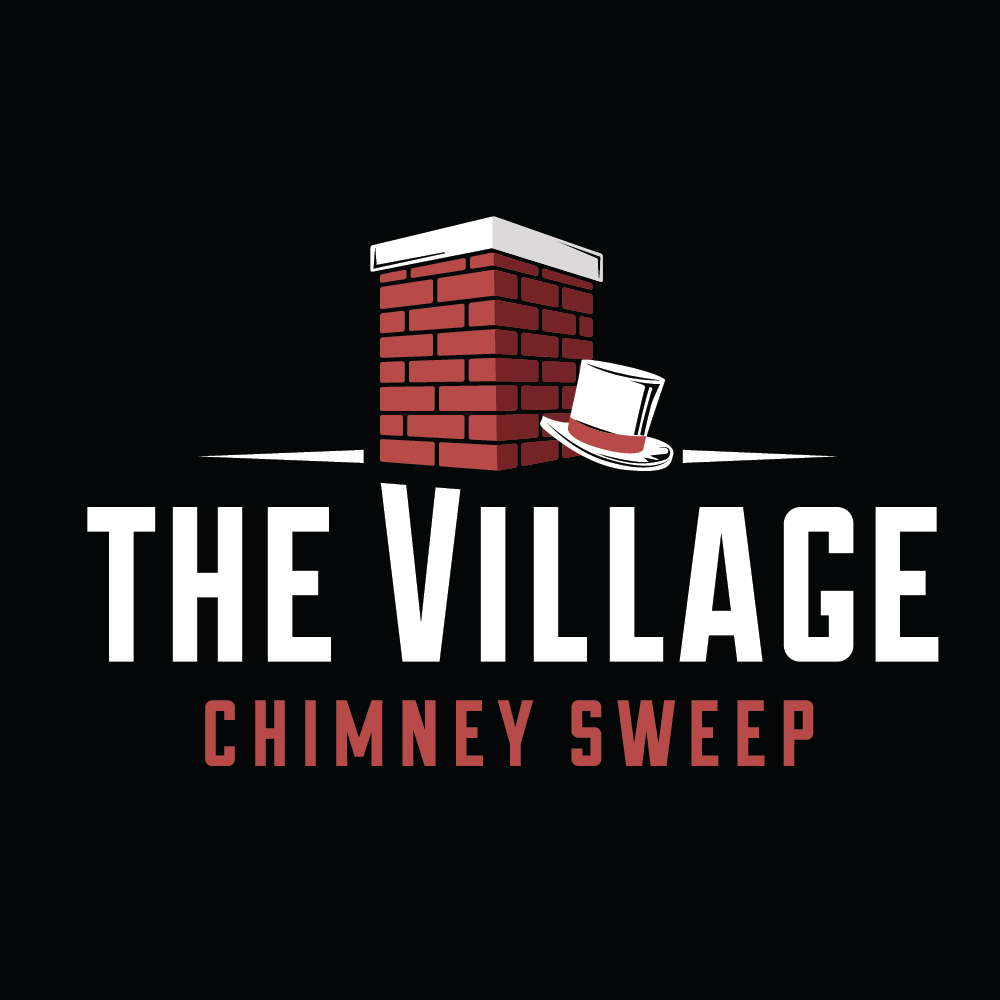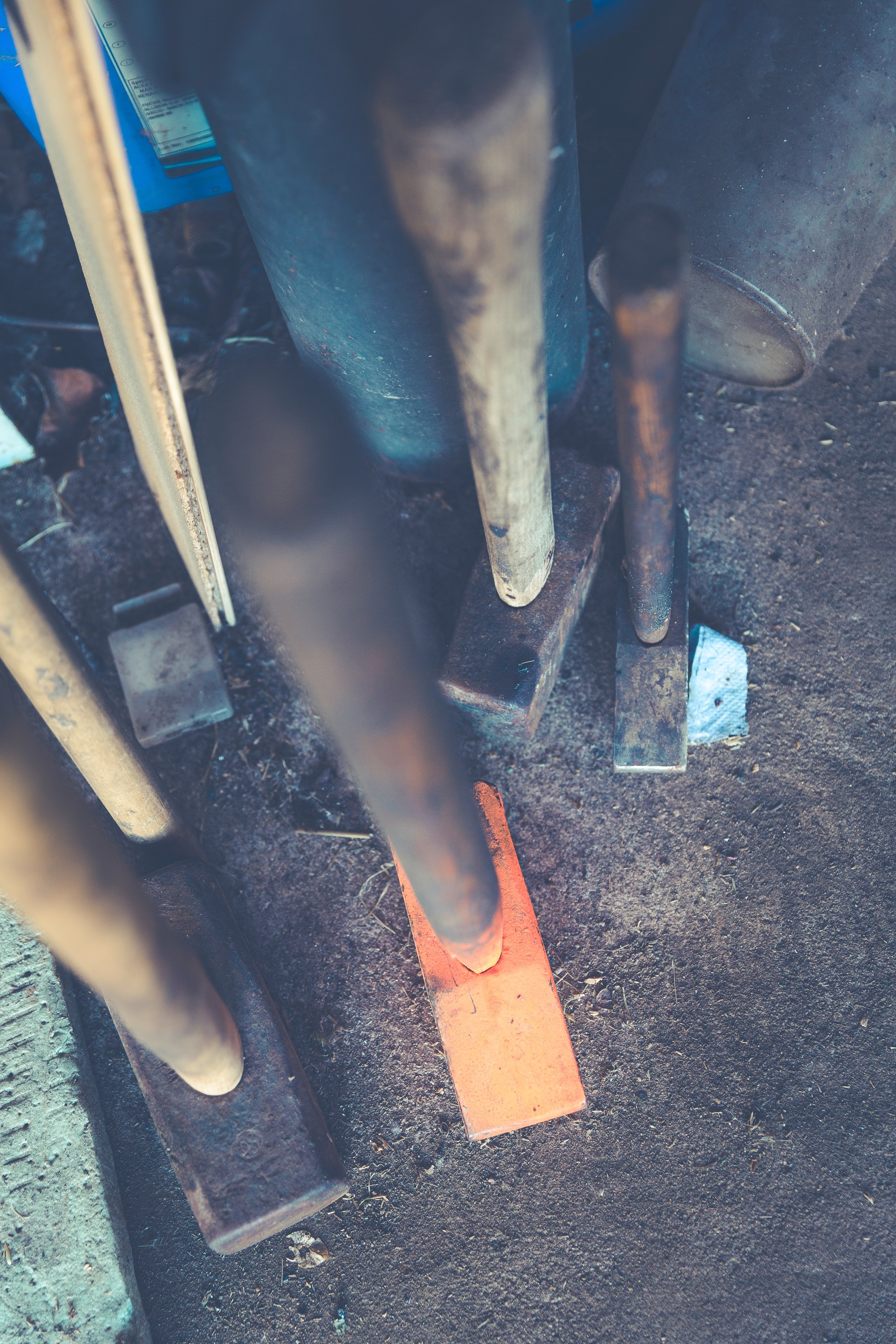What Can I Expect During My Chimney Inspection?
Fire is inherently dangerous. No matter where you build a fire and how seemingly safe a system can be, there remains a danger to both persons and property. If you choose to make fires in your chimney, chimney inspections are an important part of home maintenance. Especially when living in a hot climate where chimneys are frequently forgotten, inspections can catch flaws within a chimney system that could be potentially dangerous. If you are curious about what the Chimney Safety Institute of America has to say about inspections see the link here.
The Goal of a Chimney Inspection
When you are hiring a chimney inspector, remember what service you are paying for. First, you will want to hire a person with great credentials and proven knowledge about the chimney system. His or her goal is to give you as accurate of a picture of your chimney system as possible. Your inspection should include a written report with some sort of photo documentation. The inspector should be able to clearly explain his observations to you within this report. Beware, these reports can get very technical, however, this is no cause for alarm. A good inspector will teach you what you need to know about your chimney. Also, keep in mind that this report is merely a snapshot of what your chimney looks like on that day. The condition of your chimney can change immediately after the report is complete.
Your goal in this process is to know as much about your chimney as you can. The inspector’s goal is to share every minute detail that he or she can find. In essence, a chimney inspection is a list of meaningful details about the chimney.
What a Chimney Inspection is NOT
As disappointing as it may be, a chimney inspection does not grant permission to use a chimney. It also does not remove the ability to use that chimney again. Ultimately, chimneys are a homeowner’s responsibility.
Chimney inspectors will condemn chimneys, however, unless that information is passed along to the next owner, that chimney could still end up in service as a fire hazard. There is no gigantic chimney database that lists the status of each chimney. You can’t find out about your chimney unless you hire an inspector to look at it. If you use the same inspection company each year, that company will likely have information about your chimney in their database. This is a good way to monitor the overall progression of your chimney’s condition. However, the inspector should still do the same careful level of inspection each year. Even though a company has previous information about a chimney, that does not mean that the inspection should be any less thorough from year to year.
Industry Standards
There are definitely industry standards for each type of inspection performed on a chimney. CSIA certified inspectors must earn continuing education units through certifying bodies and/or pass a test to maintain their certification. You can expect the same sort of inspection from one company to another when asking for a Level I, Level II, or Level III inspection. All three of these types of inspections have the same scope, degree of access required, circumstances, and indications from company to company. Companies do, however, differ in how they do these inspections. Below is an idea about how our company performs our inspections.
Level I Inspection
Level I inspections are the most basic inspection that you can get for your chimney. During this sort of inspection, your inspector will take a look at all accessible areas of the chimney, structure and flue. Accessible is the key word in this description. As long as your inspector can see it from either the ground or the roof, he will document what he sees. These sort of inspections are performed during routine chimney sweeps.
As a value add for our customers, our company has decided to include a camera inspection of the flue with each of our inspections. This is not a mandatory part of all Level I chimney inspections, instead is a decision we made as a company. We feel it provides a better picture of the state of the chimney.
Level II Inspection
Level II inspections are essential for all real estate transactions. (It’s actually code to have this sort of inspection performed.) We tell our customers that this sort of inspection looks at everything possible without breaking the house. The inspector checks everything he would for a Level I inspection, but also wiggles his way into any crawl spaces or basements, and attics. He removes parts of the chimney that are removable and looks inside of spaces he finds there. For these sort of inspections, your inspector will also perform a chimney sweep. We found that before we swept the chimney we were missing things and we ended up putting “hire a certified chimney sweep to sweep the chimney and then inspect the flue,” into our reports. We decided to remove this part of the report and just sweep the chimney at the time of service. (If you’re curious about what a cleaning appointment entails, click here for more information.) Many times the chimney doesn’t need to be swept (we are in Southern California after all), if this is the case we provide a discount at the time of service.
Level III Inspection
Level III inspections include all of the pieces of the Level I and Level II inspections with the added possibility of breaking the house. These sort of inspections are rarely recommended because they’re fairly extreme, however they may be necessary if an extreme event like a chimney fire occurs. Essentially, this sort of inspection is necessary when the inspector knows there is something wrong with the chimney but he or she cannot access the source of the trouble. This sort of inspection might involve removing drywall or taking off a part of the chimney to see what is next to the flue. Our company doesn’t typically do this kind of inspection.
To Sum It Up
People forget about their chimneys when they live in a warm climate. We understand. It happens. However, we want everyone to know that neglected chimneys are dangerous chimneys. The only way to know your chimney’s secrets is to have a certified chimney sweep inspect your chimney each year. (If you don’t use your chimney each year, at least make sure you get your chimney inspected before you burn again.)
If you have any further questions about the inspection process, please don’t hesitate to email us at info@villagesweep.com or give us a call at (760) 436-0086.



